Insights of Sages and Masters
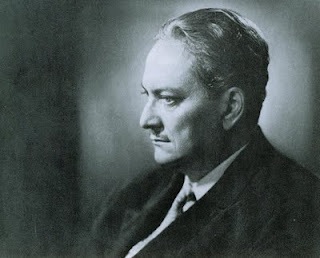
“That sages, widely separated geographically and with diverse environments and temperaments, should arrive at the same general conclusions attests the accuracy of their findings.”
–Manly P. Hall (American Theosophist, Freemason, Writer and Lecturer, 1901-1990)
Living For Others
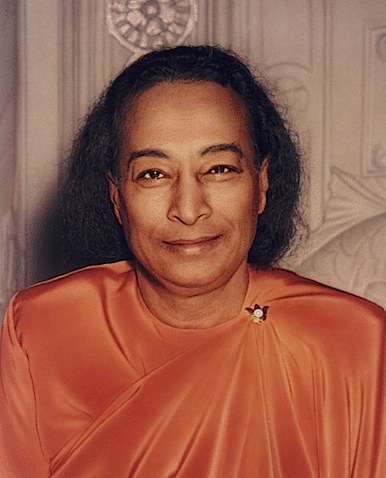
This is one of the most reliable signs of a true Master:
“There is a magnet in your heart that will attract true friends. That magnet is unselfishness, thinking of others first. When you learn to live for others, they will live for you.”
–Paramahansa Yogananda (Indian Spiritual Teacher and, in 1920, Founder of the Self-Realization Fellowship, 1893-1952)
Riding the Whirlwind
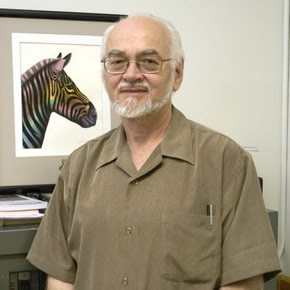
“In emotional turmoil, the upward influences of subcortical emotional circuits on the higher reaches of the brain are stronger than topdown controls. Although humans can strengthen and empower the downward controls through emotional education and self-mastery, few can ride the whirlwind of unbridled emotions with great skill.”
–Jaak Panksepp (Estonian-born American Psychologist, Neuroscientist and Baily Endowed Chair of Animal Well Being Science for the Department of Veterinary and Comparative Anatomy, Pharmacology, and Physiology at Washington State University’s College of Veterinary Medicine, 1943-)
The First Characteristic of a Saint
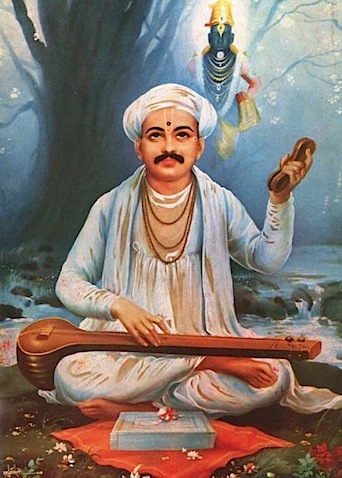
“The first characteristic of a Saint is that he is calm and tranquil, and bears like a diamond the buffets of misfortune.”
–Sant Tukaram (a.k.a. Shri Tukaram, a.k.a. Tuka, Indian Teacher and Poet, c.1598-1650)
Becoming An Adept
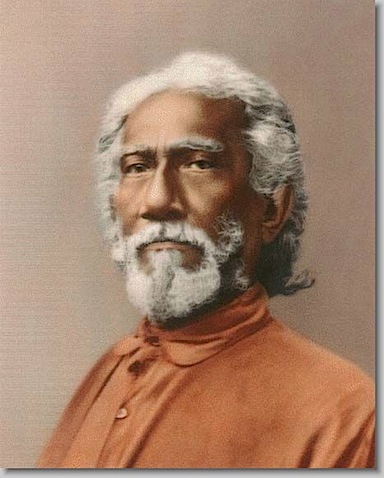
Whatever your faith or beliefs, there are some words of wisdom that transcend them all.
“1. Adeptship is attainable by the purification of the body in all respects. Purification of the material body can be effected by things generated along with it by Nature; that of the electric body by patience in all circumstances; and that of the magnetic body (chitta, spiritualized Atom, Heart) by regulation of the breath, which is called mantra, the purifier of the mind.
2. The eight bondages or snares are:
Hatred
Shame
Fear
Grief
Condemnation
Race Prejudice
Pride of Family
Smugness
Removal of the eight bondages leads to magnanimity of the Heart.
3. When this love becomes developed in man it makes him able to understand the real position of his own Self as well as of others surrounding him.
4. When this love, the heavenly gift of Nature, appears in the heart, it removes all causes of excitation from the system and cools it down to a perfectly normal state; and, invigorating the vital powers, expels all foreign matters- the germs of diseases-by natural ways (perspiration and so forth). It thereby makes man perfectly healthy in body and mind, and enables him to understand properly the guidance of Nature.
5. Ordinary love is selfish, darkly rooted in desires and satisfactions. Divine love is without condition, without boundary, without change. The flux of the human heart is gone forever at the transfixing touch of pure love.
6. The world illusion, maya, is individually called avidya, literally, “not-knowledge,” ignorance, delusion. Maya or avidya can never be destroyed through intellectual conviction or analysis, but solely through attaining the interior state of nirbikalpa Samadhi.
7. Firmness of moral courage when attained removes all the obstacles in the way of salvation. These obstacles are of eight sorts, viz., hatred, shame, fear, grief, condemnation, race distinction, pride of pedigree, and a narrow sense of respectability, which are the meannesses of the human heart.
8. The Holy Sound Pranava Sabda appears spontaneously through the culture of Sraddha the energetic tendency of heart’s natural love, Veerya the moral courage, Smiriti the true conception and Samadhi the true concentration.
9. It has been clearly demonstrated in the foregoing pages that “Love is God,” not merely as the noblest sentiment of a poet but as an aphorism containing an eternal truth.”
–Sri Yukteswar (a.k.a. Swami Sriyukteswar Giri, a.k.a. Sriyuktesvara, a.k.a. Priyanath Karar, Bengali Educator, Yogi and Guru of Paramahansa Yogananda, 1855-1936)
The Truly Awakened Person
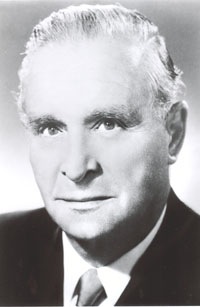
“A truly awakened person is one who freely gives light, life, wisdom, knowledge, encouragement, and the outstretched hand to all with whom he comes into contact….the Divine shines out in him, awakening the aspiration to enlightenment in all those who are able to perceive it.”
–Geoffrey Hodson (English-born New Zealand Theosophist, Mystic, Teacher and Author, 1886-1983)

Mastering New Skills
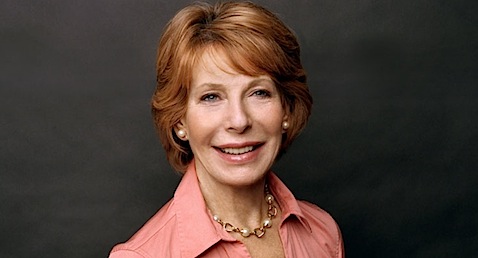
“Ah, mastery … what a profoundly satisfying feeling when one finally gets on top of a new set of skills … and then sees the light under the new door those skills can open, even as another door is closing.”
–Gail Sheehy (American Journalist and Author, 1937-)
The Disease to Please
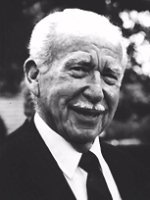
“I cannot give you the formula for success, but I can give you the formula for failure: which is: Try to please everybody.”
–Herbert Bayard Swope (American Journalist, 1882-1958)
Knowledge and Mastery
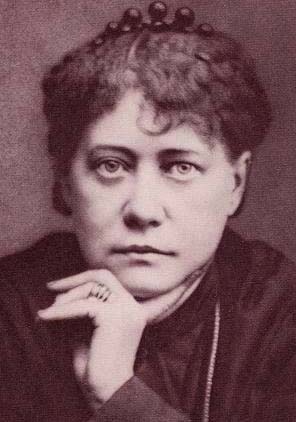
“All things that ever were, that are, or that will be, having; their record upon the astral light, or tablet of the unseen universe, the initiated adept, by using the vision of his own spirit, can know all that has been known or can be known.”
–Helena Petrovna Blavatsky (Russian Author, Translator and Founder of the Theosophical Society, 1831-1891)
Thought and Speech
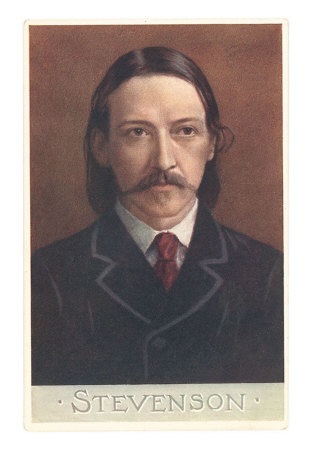
“Everyone who lives any semblance of an inner life thinks more nobly and profoundly than he speaks.”
–Robert Louis Stevenson (Scottish Writer, 1850-1894)









